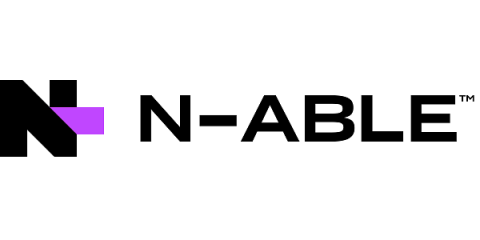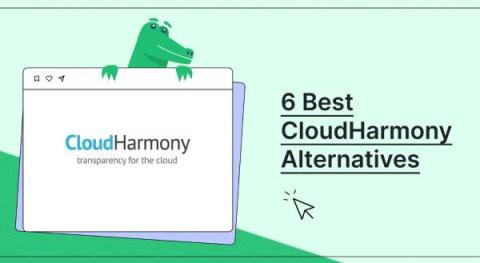Operations | Monitoring | ITSM | DevOps | Cloud
Latest News
How container networking works at Platform.sh
At Platform.sh, we run containers. Lots and lots of containers. On hundreds of virtual machines rented from various IaaS providers. These containers run your software. They also team up with other containers that run other software that your software depends upon (such as databases or caches). This is naturally an extremely complex system, and today we'll take a look at how we wire (most of) it up.
Securing Your Cloud Data with Azure Storage Private Endpoints
Are you storing your data in the cloud? If yes, then you must be aware of the various security challenges that come with it. One of the biggest concerns in cloud computing is securing data from unauthorized access. However, with Azure Storage Private Endpoints, Microsoft has introduced a solution that can help organizations secure their data in the cloud.
Achieve deeper infrastructure optimization with Ocean's multi-architecture virtual node groups
Reducing the cost of cloud: Tips for reducing your spend at any cloud provider
Spiraling costs are causing organizations to look for ways to reduce their monthly spend – hidden charges and unexpected bills are surprises that CFOs can no longer afford. With current costs from hyperscaler cloud providers skyrocketing, many are now asking whether going cloud-native is the right move for them. There are, however, a number of tips and tricks that you can action today that will help you reduce your cloud bill at any provider.
Tame Large-Scale Cloud Deployment Costs with FinOps
One of the biggest issues related to large-scale cloud deployments is overspending. It’s no surprise that as organizations scale their cloud-native Kubernetes environments, the associated costs rise along with that growth. However, there is a disconnect between the rising expenses and how well businesses can accurately and effectively monitor and control costs in the cloud, across multiple clouds and in hybrid cloud environments.
Comprehensive Guide to Azure Storage Shared Access Signatures
Azure Storage is a cloud-based storage solution offered by Microsoft as part of the Azure suite of services. It is used for storing data objects such as blobs, files, tables, and queues. Azure Storage offers high scalability and availability with an accessible pay-as-you-go model that makes it an ideal choice for businesses of all sizes. In today’s digital age, data has become the most valuable asset for any business.
N-able Announces Cove Data Protection with Disaster Recovery as a Service, Introducing Microsoft Azure Recovery Option
6 Best CloudHarmony Alternatives To Consider in 2023
With CloudHarmony retiring on May 15th, 2023, let’s look at CloudHarmony alternatives that can provide you with information on cloud services and help you navigate through comparing one provider to another.











